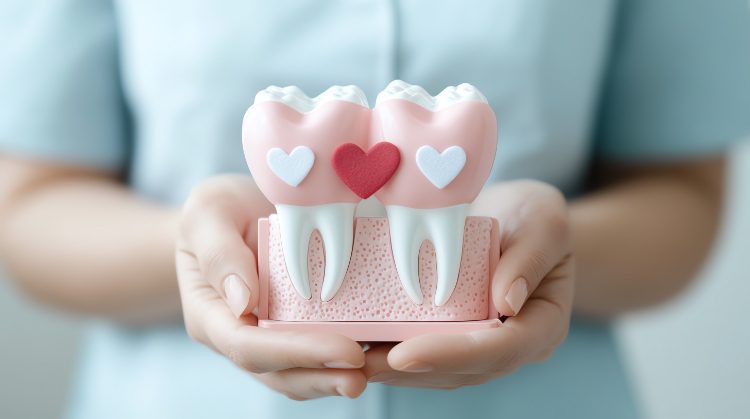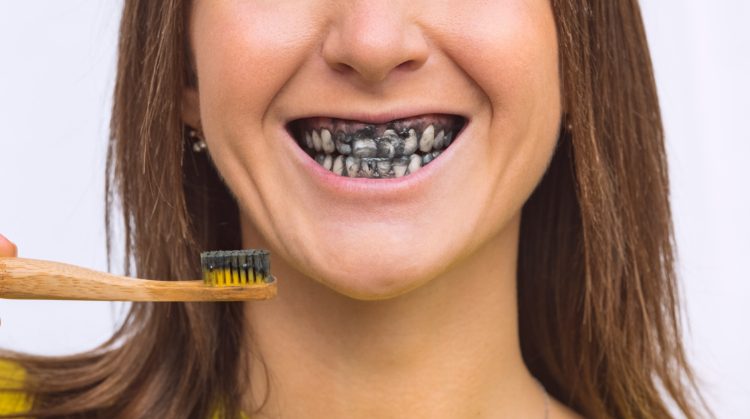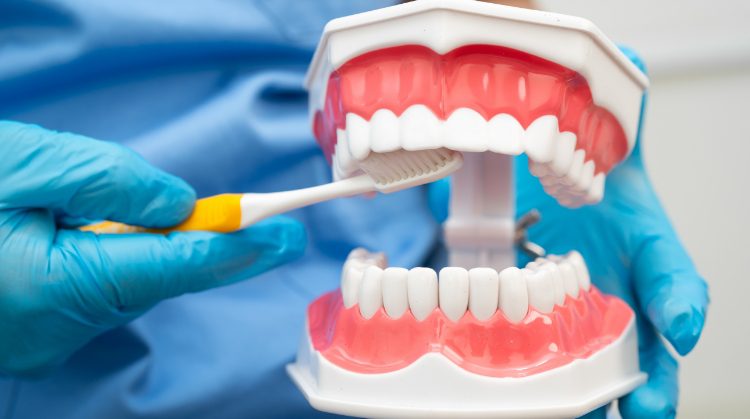
Spit is not something we think about often, if at all. Yet our mouths and even entire bodies rely on it to stay healthy. The production and function of saliva is one of those complex processes in our body that we take for granted on a daily basis unless something goes wrong.
The idea of spit may seem gross, but if you’ve ever experienced dry mouth, even temporarily, you probably realize how important it is.
What Is Saliva?
Saliva is made up of close to 99 percent water, but it also contains proteins, minerals, enzymes and even mucus. Glands near the cheeks, tongue and lips called salivary glands create the liquid, and tiny tubes called ducts transport it from the glands into the mouth. It’s a 24-hour job, and when you eat the salivary glands really kick into high gear.
Saliva Protects Teeth From Decay
One of saliva’s most important jobs is protecting the teeth, said Dr. Amy Norman, DDS, a cosmetic dentist in Everett, Washington.
“Saliva helps keep the pH balance of the mouth at safe and healthy levels,” she said. “When you eat or drink things high in sugar or carbohydrates, it can create an acidic environment that can be very damaging to teeth.”
Saliva also helps protect teeth by rinsing away food particles, debris and bacteria that can lead to the buildup of plaque.
Want to increase saliva production and really keep teeth protected? The American Dental Hygienists Association says that chewing sugar-free gum can increase your production of saliva by up to 10 times the normal amount.
What to Do About Dry Mouth
Lack of saliva is called dry mouth, or xerostomia. If you’ve ever been really stressed out, dehydrated or taken a medication that causes this condition, you probably already know how annoying it can be. It’s normal to experience occasional dry mouth symptoms, but if it becomes a regular occurrence, it’s time to see a medical professional because it can be damaging to your mouth and overall health.
Treatment will depend on what is causing the dry mouth symptoms. Because so many common medications cause dry mouth as a side effect, sometimes correcting the problem is as simple as switching medications. In other cases, problems with the salivary glands can inhibit healthy production of saliva.
In the meantime, Norman recommends drinking lots of water, especially after each meal, to help keep the mouth hydrated and rinse away debris and bacteria since the saliva isn’t there to do its job. There are also many over-the-counter products available to help with dry mouth.
“It’s definitely a good idea to avoid sticky foods that may become stuck to teeth when you don’t have an adequate supply of saliva to help rinse teeth afterward,” Norman said. “And brushing and flossing are more important than ever to keep teeth protected and clean.”



